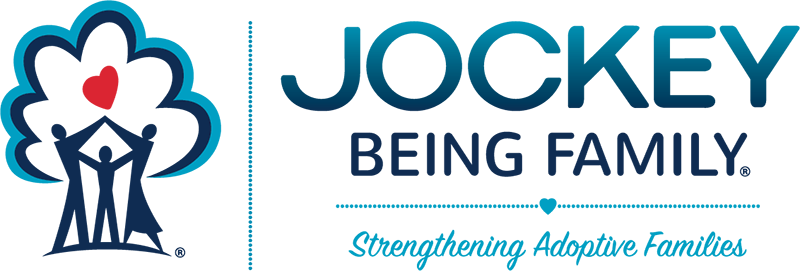Interview Questions to Find an Adoption Therapist
Parents want to take care of their kids’ physical and emotional health. It’s a full-time job to do so, for sure. Sometimes the kids need extra help in coping with the things life has thrown at them. If the child is adopted, some of these “things” may be adoption-related and thus add some extra layers to how they learn to cope. When looking for a therapist to help an adopted child cope with those “things,” it is important to find one with knowledge of adoption issues and how those issues might affect an adopted child, teen, or adult.
The question then becomes, “how in the world are we supposed to find an adoption competent therapist?” It’s a valid question and this show by Creating a Family has some very helpful tips for specific ways to find a therapist that is knowledgeable about adoption. The special guest in that show is Debbie Riley, CEO of our partner organization, C.A.S.E., an adoption therapist, and co-author of the book Beneath the Mask: Understanding Adopted Teens.
From the show, we have culled this list of pertinent questions to ask when interviewing therapists and clinics for counseling services for your child.
Questions to Ask a Therapist for Your Adopted Child
1. What experience have you had with adoption or adoption issues?
2. How often do you work with adoptive families? What percentage of your practice is with adopted kids or families?
3. What types of adoption have you worked with? Domestic infant? Foster care? International? Transracial? Older child? Open adoption?
4. How does trauma impact a child’s development?
5. Have you had much experience with children my child’s age?
6. What age child do you prefer to work with?
7. Have you had extra training that is specific to adoption?
8. How do you work with adoptive families?
9. How do you keep parents updated on the child’s progress?
10. What specific approaches have you found that work to help children cope with adoption or trauma related issues?
11. Have you had experience with post institutionalized children? Children who have experienced sexual abuse?
12. Will you collaborate with the school? Are you available to attend school meetings if your presence will help the child receive services?
General (non-adoption specific) Questions
1. Are you in practice by yourself or in a group?
2. Who covers for you when you are away?
3. Do you have office hours after school?
4. Is your location convenient?
5. Do you have a working relationship with a child psychiatrist in case psychotropic medications are needed?
C.A.S.E. offers counseling services and other therapeutic supports for adoptive and foster families. You can find out more at their Counseling Services page. If you have a child whom you think might benefit from counseling but you are still on the fence about proceeding, check out the article at NACAC’s resource site on the importance of therapy in the life of an adoptive family
